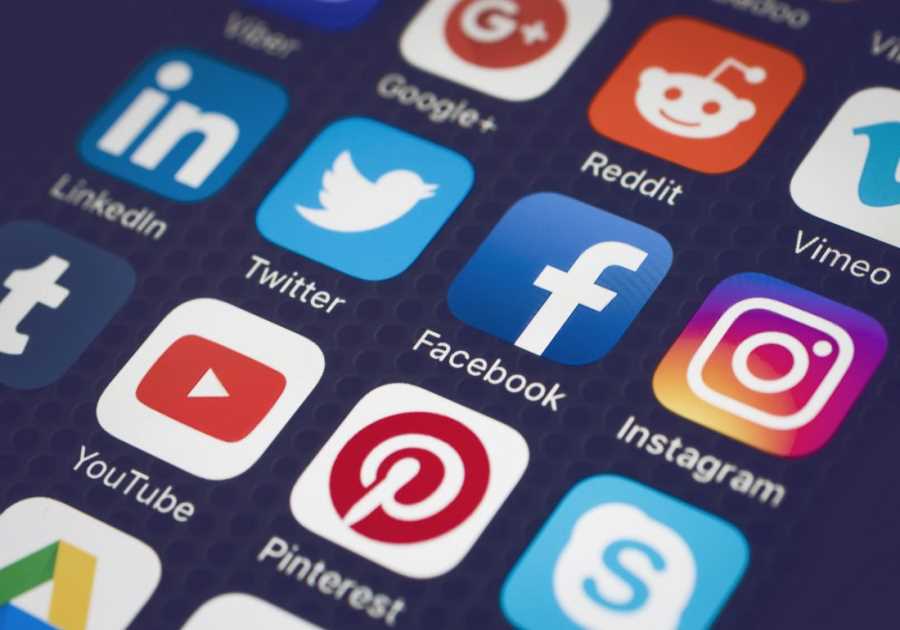
Last December 2019, the city of Wuhan in China was put under lockdown due to the discovery of a new virus that had the potential of killing citizens first by the hundreds and eventually by the thousands. The virus was then identified as SARS-CoV-2 as it spread to different countries and affected major cities worldwide. Soon enough, the virus caused the disease now identified as COVID-19, which is responsible for pushing officials to declare a global pandemic.
The escalating nature of this pandemic pushed hospital systems past their capacities. COVID-19 affected businesses as countries put their cities on quarantine lockdown, closing down businesses, transferred schools online, forced companies to implement work-from-home structures, and generally interrupted many local economies.
COVID-19 Testing and Detection
Since the spread of the virus, many countries have implemented new digital solutions to enhance traditional contact-tracing and testing methods to combat the virus’s spread. Thus, virus testing has been one of the most popular topics in social media for months because of varying news, some of which contain inaccurate information.
Currently, there are two tests to diagnose an active COVID-19 infection:
Molecular PCR TestPCR stands for polymerase chain reaction. It’s a molecular diagnostic test that detects if the virus’s genetic material is active in the human body. These PCR tests are very sensitive and specifically tests for the presence of SARS-CoV-2 or COVID-19.
Antigen TestThe antigen test for COVID-19 detects the viral proteins found in the virus. Like PCR testing, antigen tests are very specific for COVID-19 as well. However, it’s crucial to note that they’re not as sensitive. A positive antigen test indicates that a person is infected with the virus and considered contagious. Sumant Vasan, the Marketing Director for Confirm BioSciences, would recommend antigen test kits because they produce faster results and are less expensive than PCR tests.
How Does The COVID-19 Antigen Test Work?
People buzz over this test on social media because they don’t fully understand how antigen testing works and how it’s correctly conducted. An antigen is a foreign substance that the human immune system recognizes, which can respond by generating proteins called antibodies. These antibodies specifically recognize specific antigens.
The nucleocapsid protein is found to be part of the SARS-CoV-2 virus. The antigen tests look for the said protein’s fragments to prove if the virus has infected a person or not.
Why Are People Discussing Antigen Tests?
The primary reason why people in social media are making a buzz about the COVID-19 antigen test is because of the possibility of getting a false positive or false negative result and the accompanying repercussions of such readings. The US Food and Drug Administration (FDA) posted an alert for clinical laboratory staff and health care providers regarding this issue. According to the agency, the false results happen when users don’t follow the antigen tests’ instructions for the rapid detection of the virus.
Generally, antigen tests are only given by healthcare providers to individuals suspected of COVID-19 within a certain number of days upon the appearance of infection symptoms. This is why many medical experts don’t recommend getting the test when you don’t have symptoms, as it can give you a false sense of security.
Regardless of whether the result is a false positive or negative, either would impact how people would move about in society. Some would be reckless or careless, while others could develop anxiety and other adverse reactions. Endless debates still prevail in all types of media, and it seems that new discourses and arguments will still be produced as long as the pandemic is still around.
The FDA continues to monitor reports regarding these false results, and releases updates and recommendations on the use and performance of the tests from time to time. To prevent unfortunate instances from happening, the Center for Disease Control or CDC has released a guide for antigen tests. It’s essential to follow these guidelines to obtain accurate results when testing for COVID-19.
Final Thoughts
COVID-19 indeed disrupted the world in ways humankind never thought would happen in modern times, affecting businesses, healthcare systems, lifestyles, and economies. This is why everyone should follow health and safety protocols and stay informed regarding vaccine development and updates on newer virus spreads.
Social media is a faster and crucial medium to spread the news and make people aware of situations regarding the coronavirus. However, some people tend to create a negative buzz on specific topics that could spread misinformation. Such actions might affect and taint the real information needed by people. Thus, make it a point to verify their accuracy. Better yet, check the official social media accounts and websites of experts such as the FDA and CDC for the relevant news, reports, and updates.
The post Why Social Media Is Buzzing About The Antigen Test for Coronavirus appeared first on Social Media Explorer.
Did you miss our previous article...
https://socialmediaamplification.com/social-media-analysis/how-to-use-facebook-click-to-call-ads






